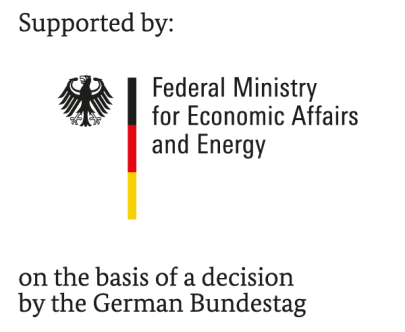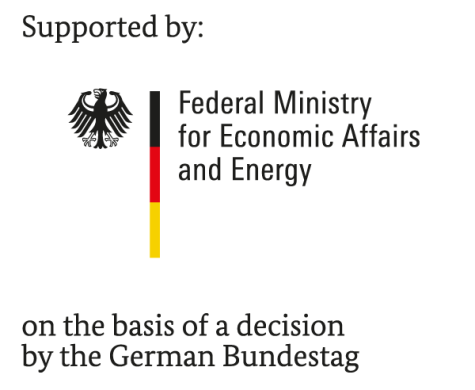SWIVT II


Period: 2018-2021
Funding: im Rahmen der Förderinitiative EnEff:Stadt im 6. Energieforschungsprogramm der Bundesregierung durch das BMWi
In the follow-up project SWIVT II, the strategy developed in the previous project SWIVT I will be implemented in real terms in the Postsiedlung, a residential district in Darmstadt. After successful verification of the SWIVT approach through theoretical and experimental investigations, prototype construction and combined simulations, the project partners want to validate the effectiveness of the approach solution at system level in all its partial aspects. On the structural level, low-exergy is tested in existing buildings by linking different building concepts in a thermal and electrical urban network. The supply of the district with a high proportion of renewable energy is ensured by the efficient coupling of sources and sinks, such as hybrid energy storage systems with different time horizons. A SWIVT-Controller will be created from the predictive control algorithms developed within the framework of SWIVT I and installed in the settlement as a demonstrator. The controller enables an economically and ecologically optimised, system-serving and safe operation strategy of the thermal and electrical facilities of the district. A resilient business model for linking the interests of new and existing stakeholders will be tested in practice. The systemic approach of SWIVT serves as a model for sustainable, safe and economic urban development.
The IMS is working on two main topics within the project. The first focus is the hybrid energy storage from the previous project. On the hardware side, this will be further investigated and improved. This concerns especially the rotor of the system, the storage and the safety concept. With the adapted system, the high-frequency profiles measured in the settlement can then be simulated and the performance of the system evaluated. On the software side, the internal operation and power distribution strategy will be further developed in parallel.
The second research focus of the IMS in the SWIVT II project relates to the entire energy system of the residential district. The IMS is mainly responsible for the conception and development of the “SWIVT-Controller”, which optimizes the operation strategy of the residential district. This controller is first developed and tested in a simulation environment and then implemented in the residential district. Subsequent scientific support during the productive phase allows for a wide range of experiences regarding the practical suitability of the controller, which can be used for the continuous development and improvement of the system.
Contact: Georg Franke
Further information you can find on the Project website.

